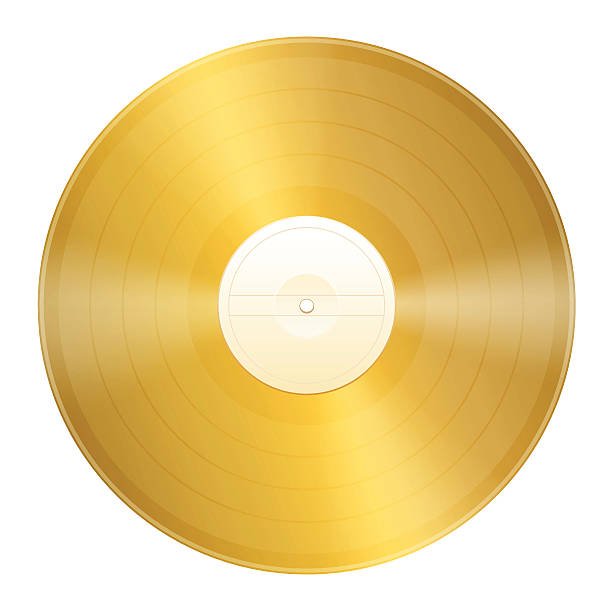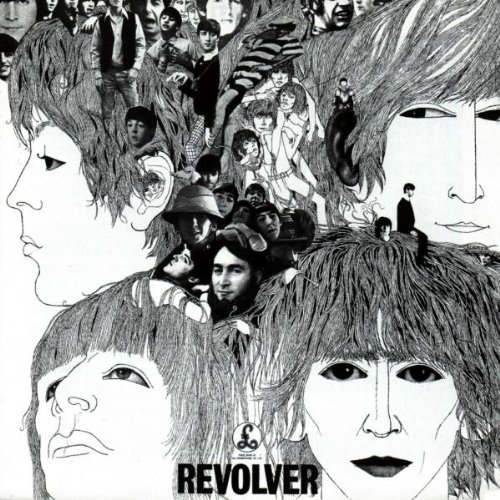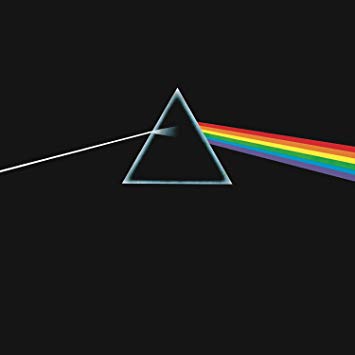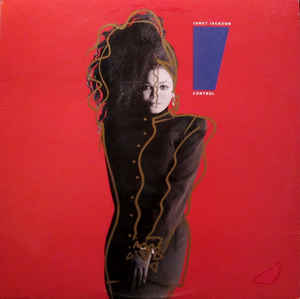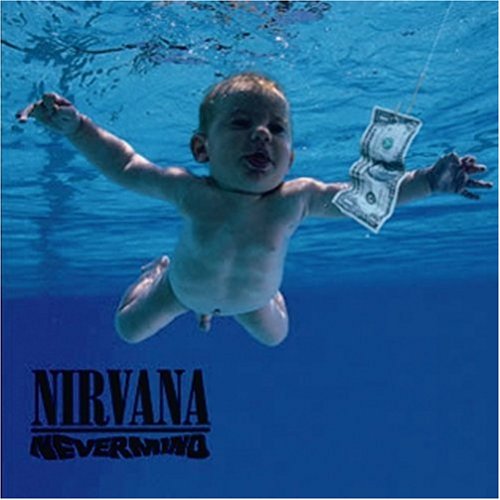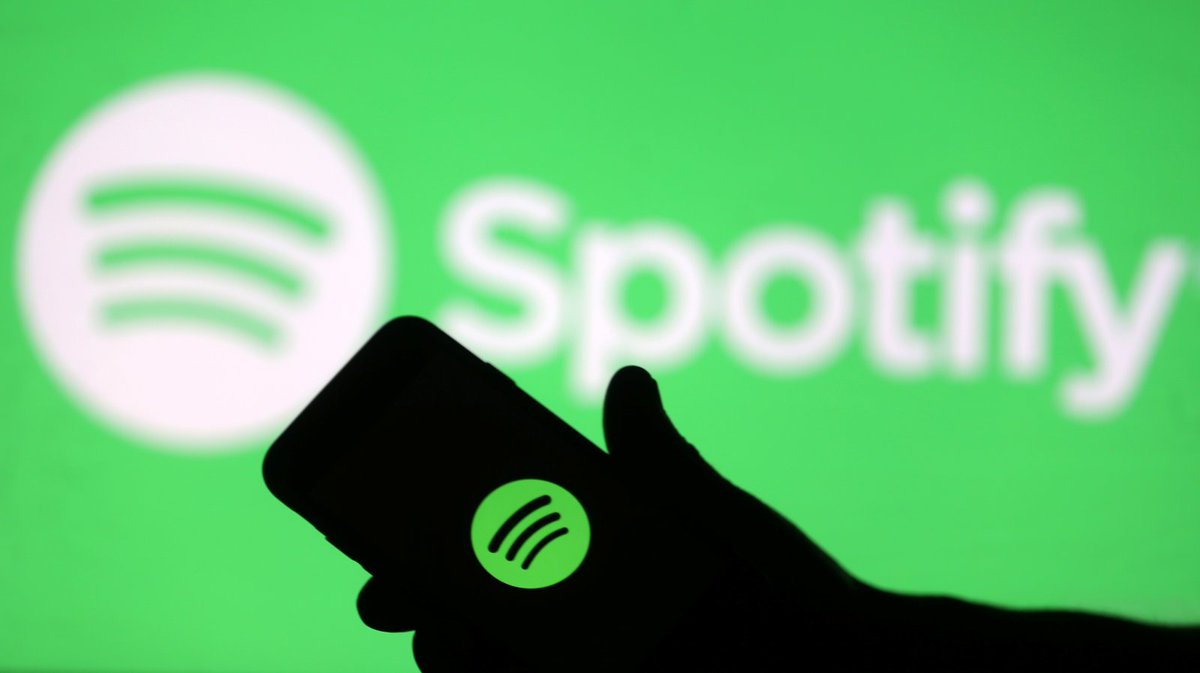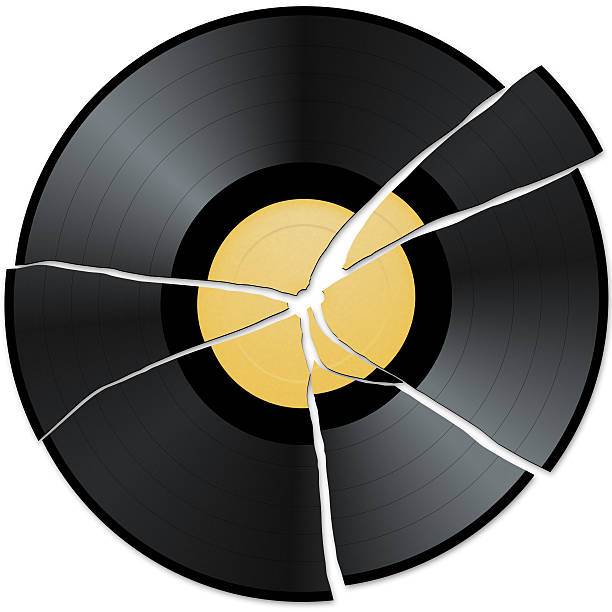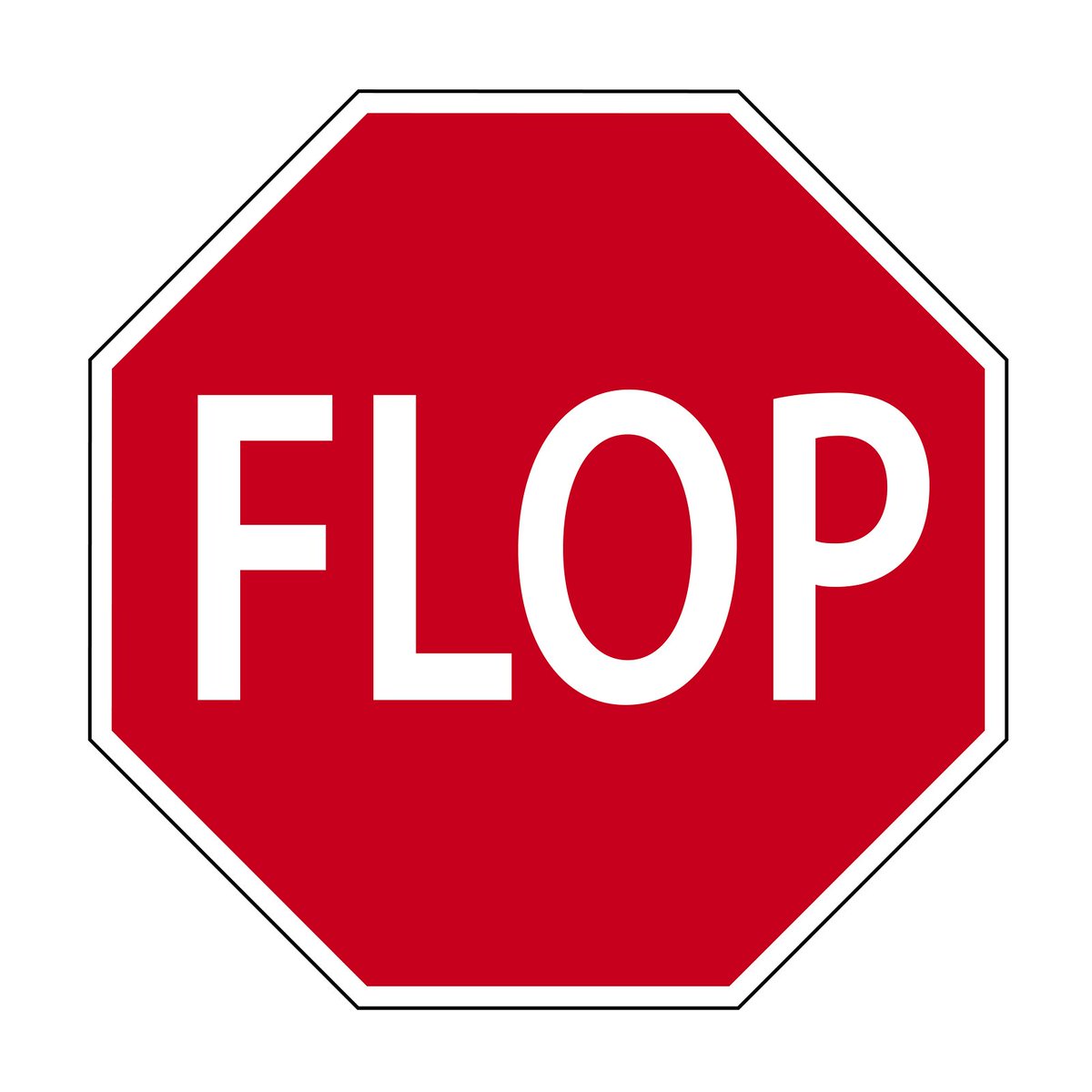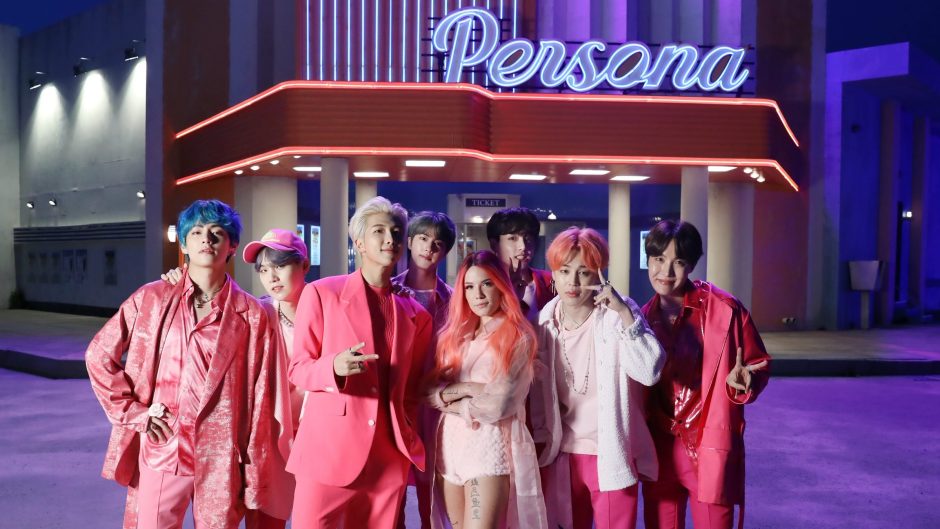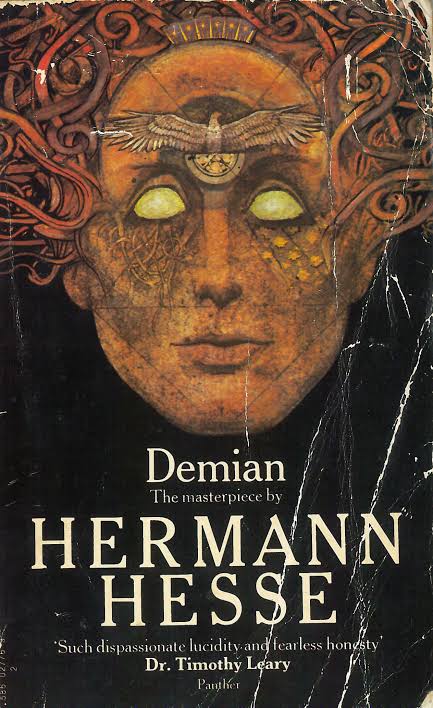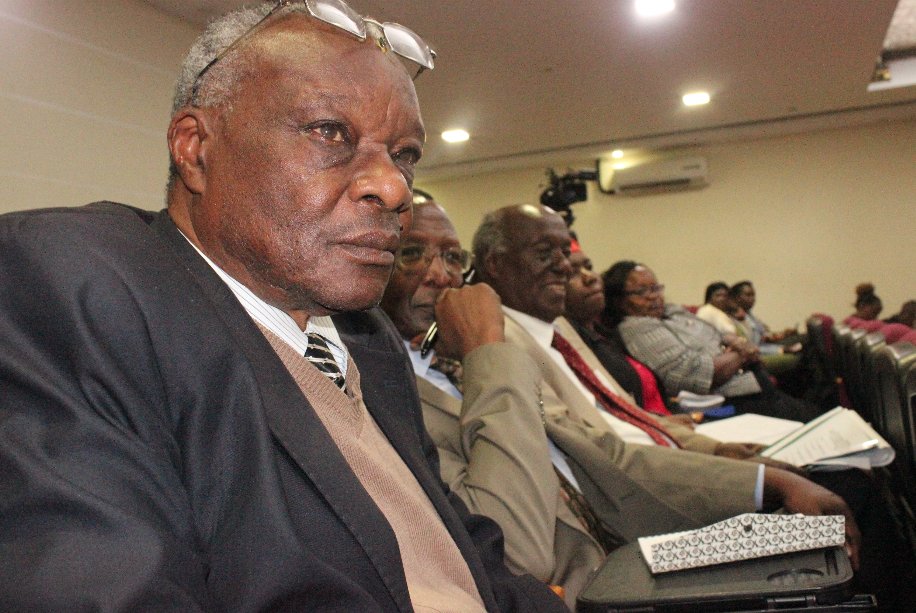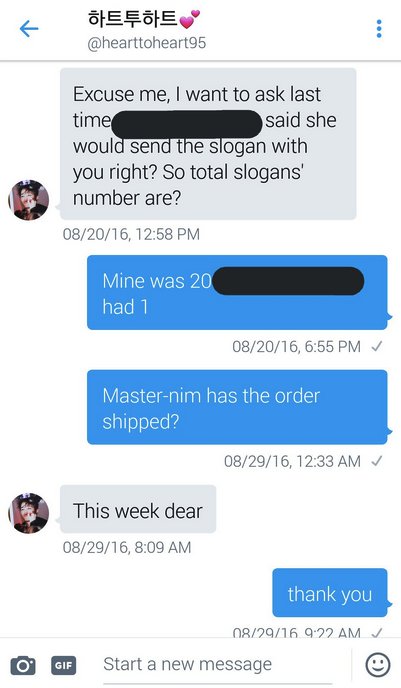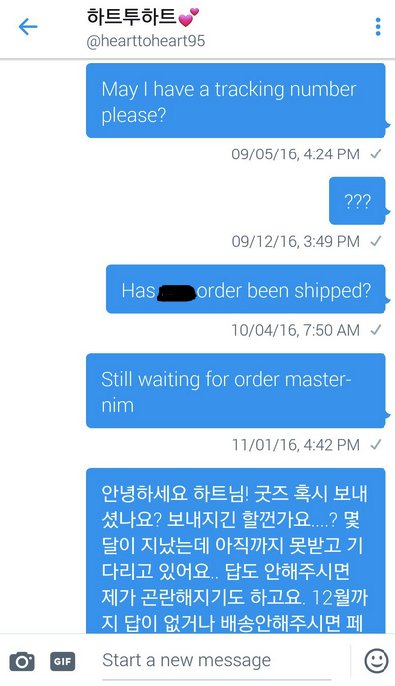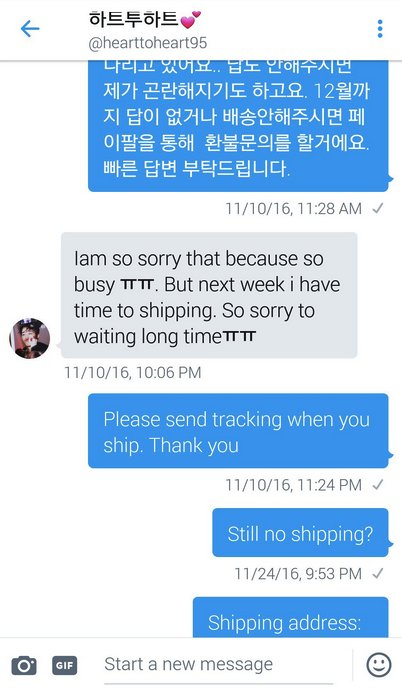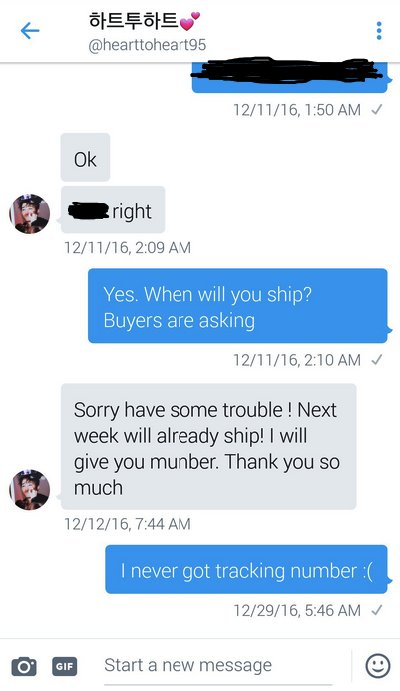[BY THREAD POLL]
I've been meaning to address this topic for a while, certainly as soon as I realized what a smart decision it was to have BTS continue to release singles as always.
But now they've crossed over into major singles markets.
Intriguingly enough, the American music industry was somewhat of a singles market before the shift towards albums. The term "single" actually originated in the 1950s.
Enter the Singles Era....again.
rollingstone.com/music/music-fe…
thebalancecareers.com/need-physical-…
In the biggest, most competitive market, it might only take one big flop to spiral downward.
And the winner was? The one guy who dropped a meme song, not an album. It seems like it's the idea of a dominant hit single that matters in the end, not an album.
....But that's NOT always true.
Suddenly they're a pop sensation.
Meanwhile, there's a *new* pop sensation on the scene with a big hit under their belt. And the crowd moves on...
But when you're used to things working a certain way, you can even take a miraculous situation and criticize it for not fitting the norm.
But if you're thinking there's some added "mmph!" to be had by BTS changing up and becoming singles artists...You'll find out in Part 2 why that's a terrible idea!
